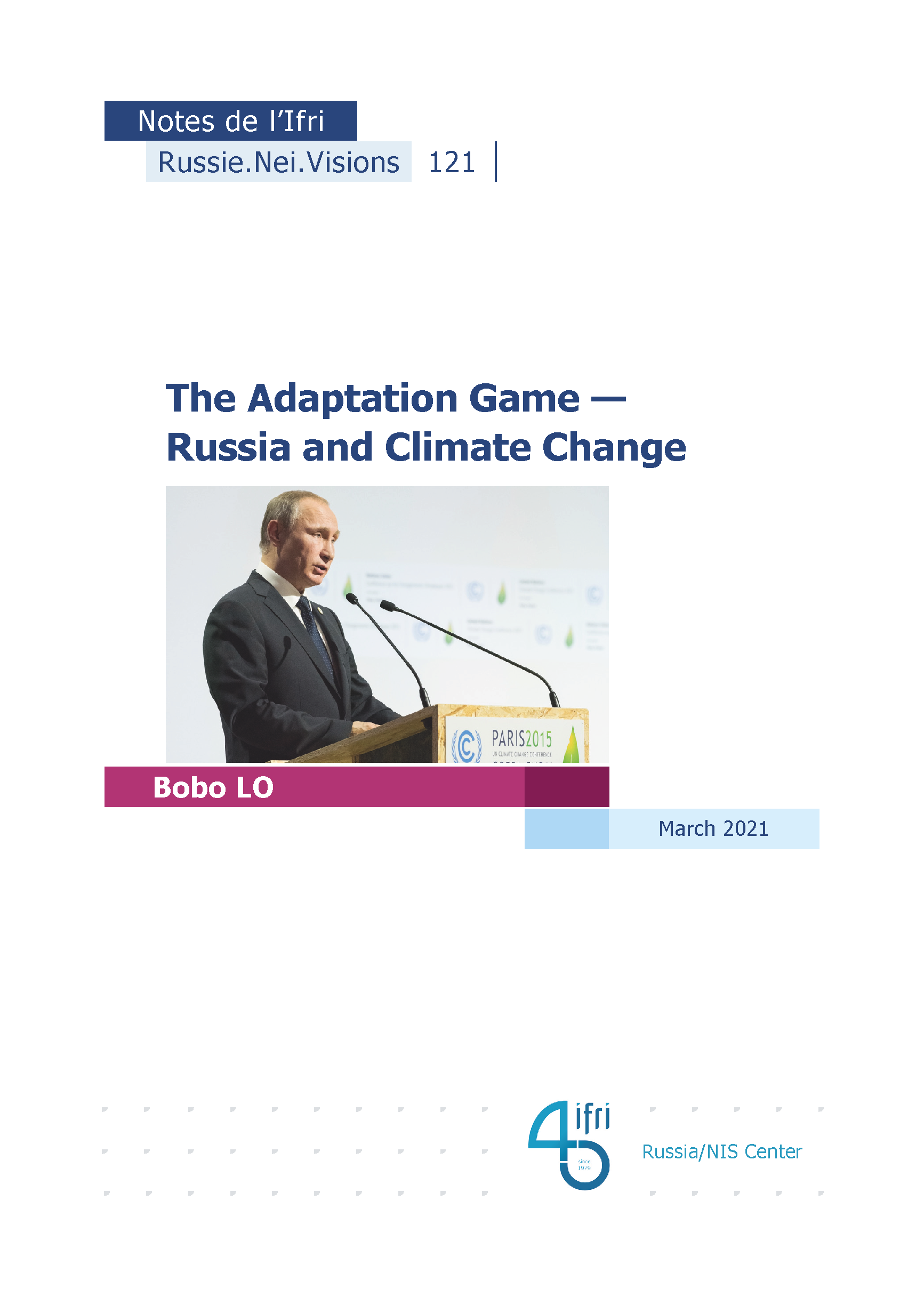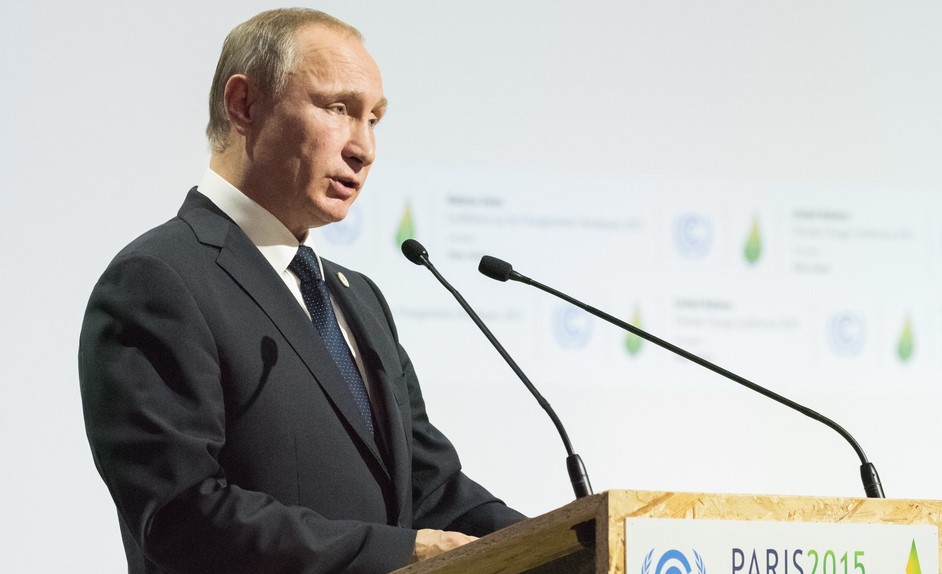The Adaptation Game — Russia and Climate Change

Russia is an outlier in the international consensus on climate change.

On the one hand, it formally recognizes that global warming poses a threat to the planet and to Russia in particular. On the other hand, there is no sign of any serious commitment to reduce carbon emissions or develop renewable sources of energy. Fossil fuels remain at the heart of the Kremlin’s vision of Russia as a global economic actor and great power.
Events are intruding to disturb official complacency — the thawing of the permafrost, more frequent extreme weather events, heightened public consciousness, and moves toward decarbonization in Europe and Asia. Nevertheless, the Russian government continues to hold the line. Its climate “adaptation policy” is largely intended for show, and denies the need for substantive change or hard choices.
Russia’s transition to a post-carbon economy seems improbable today. However, it should not be discounted entirely. Faced with the threat of being left behind by the 21st century energy revolution, decision-makers may eventually be forced to recognize that Russian climate policy is unsustainable — environmentally, economically and, above all, strategically. If and when change comes, it is unlikely to be smooth or coherent.
Bobo Lo is an Associate Research Fellow with the Russia/NIS Center at the French Institute of International Relations (Ifri).
Download the full analysis
This page contains only a summary of our work. If you would like to have access to all the information from our research on the subject, you can download the full version in PDF format.
The Adaptation Game — Russia and Climate Change
Related centers and programs
Discover our other research centers and programsFind out more
Discover all our analysesThe Caspian Sea as an Emerging Energy Hub : Potentials and Limitations
This report analyzes the prospects of the Caspian Sea region — and its key actors except for Russia and Iran — becoming an important energy hub serving the needs of the European Union (EU).
The European Union's Strategic Test in Georgia
The political crisis brewing in Georgia is of an existential nature for the country. What is at stake is Georgia's future as a democratic and sovereign European nation (EU).
Commanders of Putin's Long War: Purged, Reshuffled and Disgruntled
The trend of reshuffling the Russian top military command in the course of a fast-evolving and far from successful war has progressed unevenly both across the Armed Forces’ structures and in time. The rationale for and timing of the abrupt cadre decisions made by Commander-in-Chief Putin often defy logical explanation, and the rare official clarifications are no more informative than the usual information blackout.
Russian Military Manpower After Two and a Half Years of War in Ukraine
In addition to a military victory in Ukraine, the Russian leadership is planning to build up sizable troop formations for a possible conflict with NATO in the Baltic region and the Kola Peninsula. In particular, current plans aim for the military manpower to grow by about 350,000, reaching a total of 1.5 million soldiers and commanders. In the context of the current conflict in Ukraine, this cannot be accomplished without a new wave of mass mobilization.











